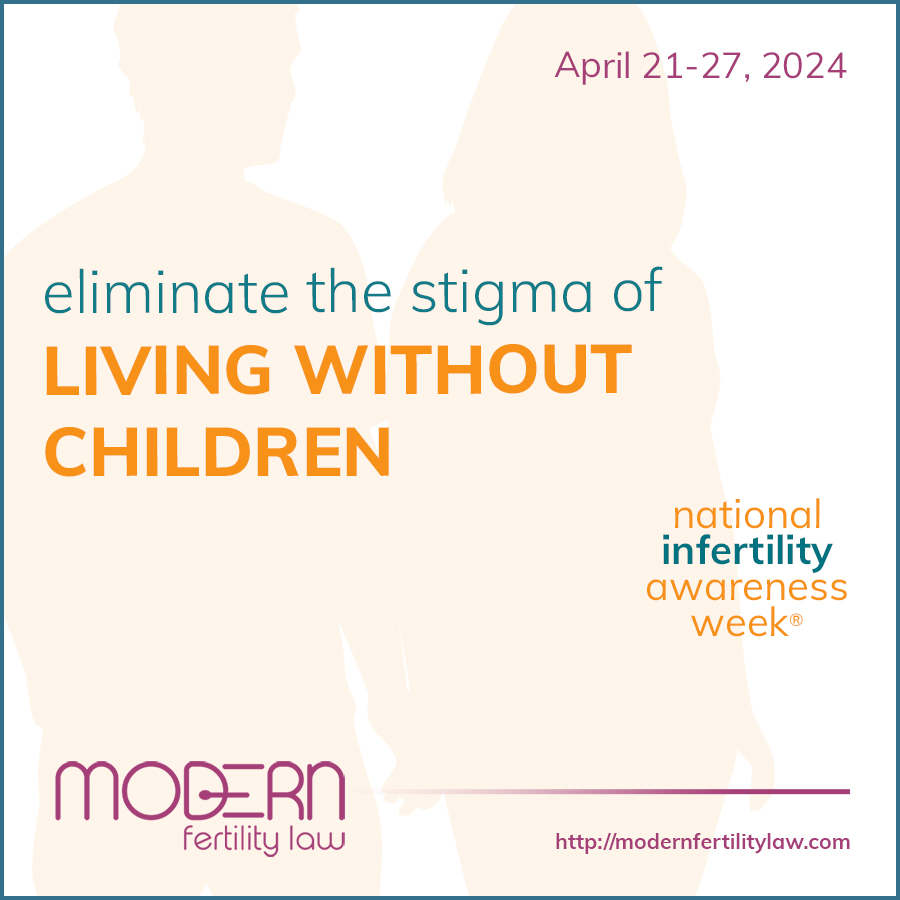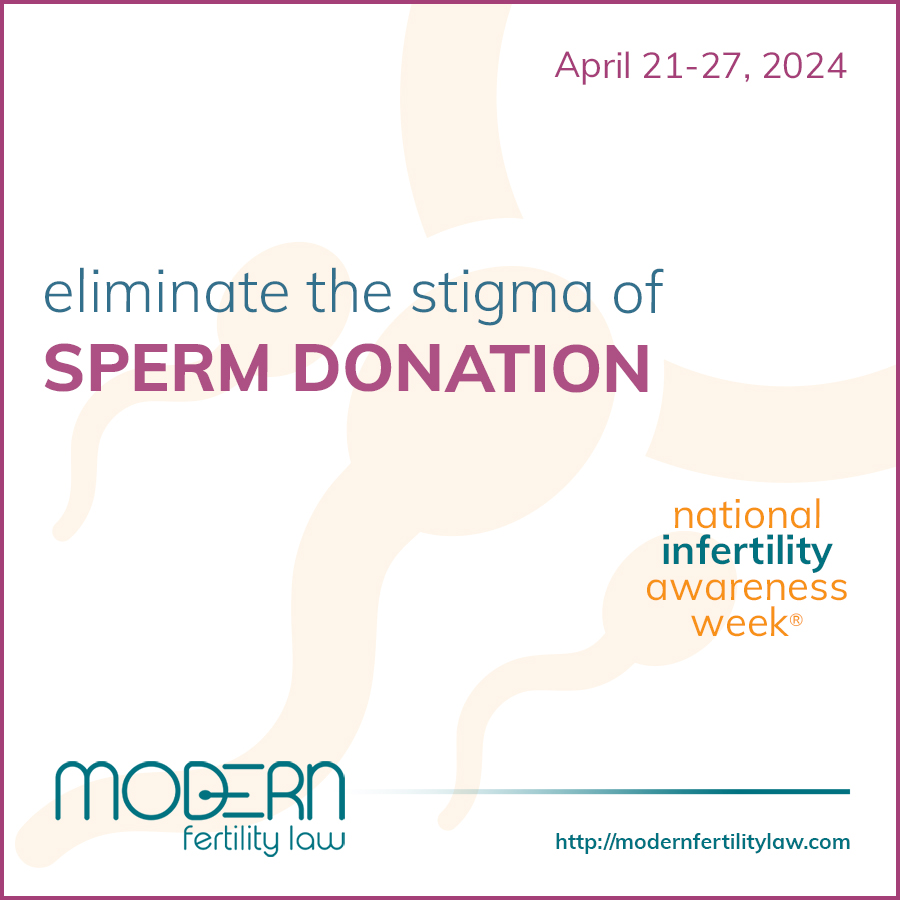
The theme for this year’s International Day of Families is ‘Families and Climate Change’ which aims to raise awareness about how climate change affects families and the role the families can play in climate action. Climate change negatively impacts the health and well-being of families through increased pollution, while extreme weather events exacerbated by climate change, such as hurricanes, droughts and floods, often lead to forced displacement and loss of livelihoods for families and individuals.
Here’s to strong families in all their beautiful forms!
#InternationalDayofFamilies
#InternationalFamilyDay




